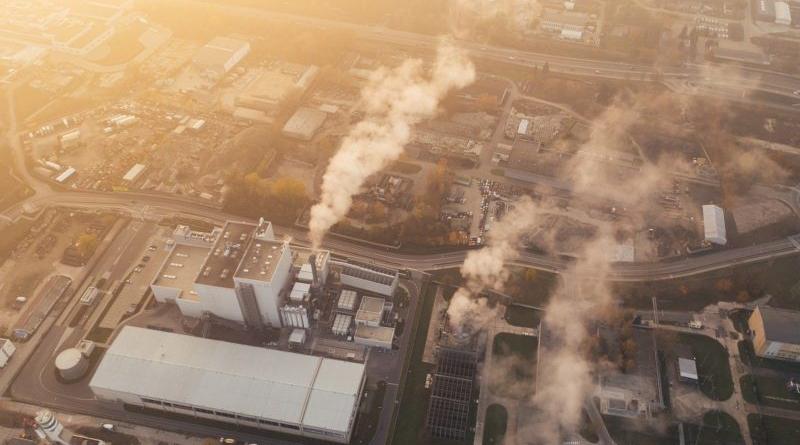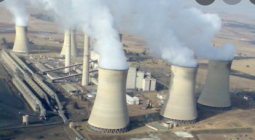Eskom agrees to wage deal but loadshedding energy continues

South African state utility Eskom has pointed out that signing a wage talk deal with labour unions does not equate to an immediate end to current load shedding.
Eskom reached an agreement with the three recognised labour unions for a 7% salary across-the-board increase for all employees covered by the Central Bargaining Forum talks, starting 1 July 2022. For this period the housing allowance will increase by R400 per month. With effect from July 2022, Eskom has agreed to re-instate the conditions of service which applied during the agreement in force until 30 June 2021.
Following the agreement, the National Union of Mineworkers (NUM), the National Union of Metalworkers of South Africa (NUMSA) and Solidarity urged members to return to work immediately, as did Eskom.
Wage agreement won’t stop Eskom from loadshedding
The utility said in a press release that while some generation units have been returned to service over the past few days, this is not sufficient to suspend loadshedding as other generation units have had to be taken offline for repairs. “Loadshedding will therefore continue being implemented at varying stages during the next few weeks as the generation capacity shortages persist,” Eskom said.
It warned that it would take several weeks for the power generation system to fully recover to pre-strike levels. It is anticipated that loadshedding – which hit stage 6 on 28 June and has alternated up and down the scale ever since – will be gradually lowered to stage 2 by the weekend on 9 July.
At an earlier briefing Eskom COO Jan Oberholzer, when asked about damage to power plants during the strike, said the utility did not yet have the time to assess the extent. Beyond the increased diesel bill, the new wage increase adding R1 billion to Eskom’s balance sheet, delayed maintenance and as-yet-undiscovered damage will add to the utility’s woes.
Eskom has not so subtly indicated the added wage bill will “of course be a struggle for Eskom to afford” even as major metropoles Cape Town, Johannesburg and Durban introduced their new municipal electricity tariffs at the beginning of July. This is after NERSA approved a 7.47% increase early in 2022. ESI
Theresa Smith | https://www.esi-africa.com/




